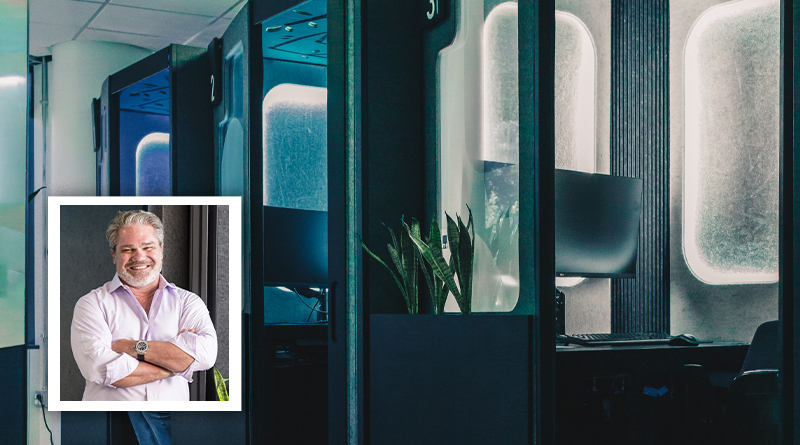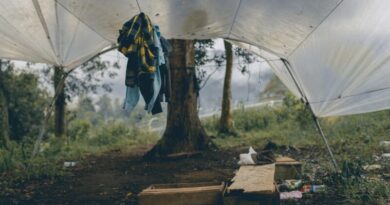Personal Past, Son Inspire Workplace Innovation
Travis Hollman is no stranger to personas created around his public image.
Known as husband to Real Housewives of Dallas alumna Stephanie Hollman, as the catalyst to having the indoor pool removed from an infamous Turtle Creek Drive foyer, and as the guy who ensures athletes with multi-million dollar salaries dig their behind-the-scenes digs, the CEO of Hollman Lockers doesn’t stay idle.
His state-of-the-art designs are featured in big-league locker rooms including the Dallas Mavericks, the Chicago Cubs, and Duke University.
But it’s his role as dad that’s inspired what he calls his “passion project.” Emanating from his personal struggles as a youth, and his son Cruz’s learning differences, Hollman set out to affect change for the neurodiverse employee in the corporate workplace.
Diagnosed with Legg-Perthes disease at a young age, Hollman described his elementary school years as “both difficult and formative” — the memories of sitting at the back of a classroom in his wheelchair still palpable.
“Yeah, it was tough,” Hollman said. “But I don’t look at that time as a negative, because I believe if you like where you are now, all the stuff that came before is what got you here.”
Just when he thought he’d conquered life’s biggest hurdle, Hollman faced yet another obstacle. “When dyslexia caused me to fail the third grade, I had no choice but to be resilient,” said Hollman, recalling that during his childhood, “those who couldn’t reach normal milestones were considered the dumb kids.”
When he finally got tested in the seventh grade, his dyslexia had already long affected his reading ability and his social environment. “I had no friends my whole childhood, but I really didn’t know any different,” Hollman said.
He chalks up classroom bullies’ behavior to a lack of societal awareness.
Hollman described a return visit to his childhood home during which the current resident, not recognizing that he was the same boy who’d grown up there, inquired how his special needs brother was faring.
“It made me tough; it made me who I am,” Hollman said, adding with resoluteness, “but I don’t ever want my kid to go through what I did.”
Hollman’s quest to alter the perception of the “often-misunderstood brain” gained momentum as the entrepreneurial father of two turned his challenging youth and his son’s journey with neurodiversity into his latest innovation, creating a workspace adaptable to unique sensory needs.
“I’ve witnessed first-hand how adjusting learning patterns and environments can positively affect workflow, self-esteem, and productivity,” Hollman said, citing statistics supporting his belief that the system is due for an overhaul.
“This, for me, is highly personal,” he said, “not only for my son, but for every individual faced with a physical, mental, and learning disability.”









